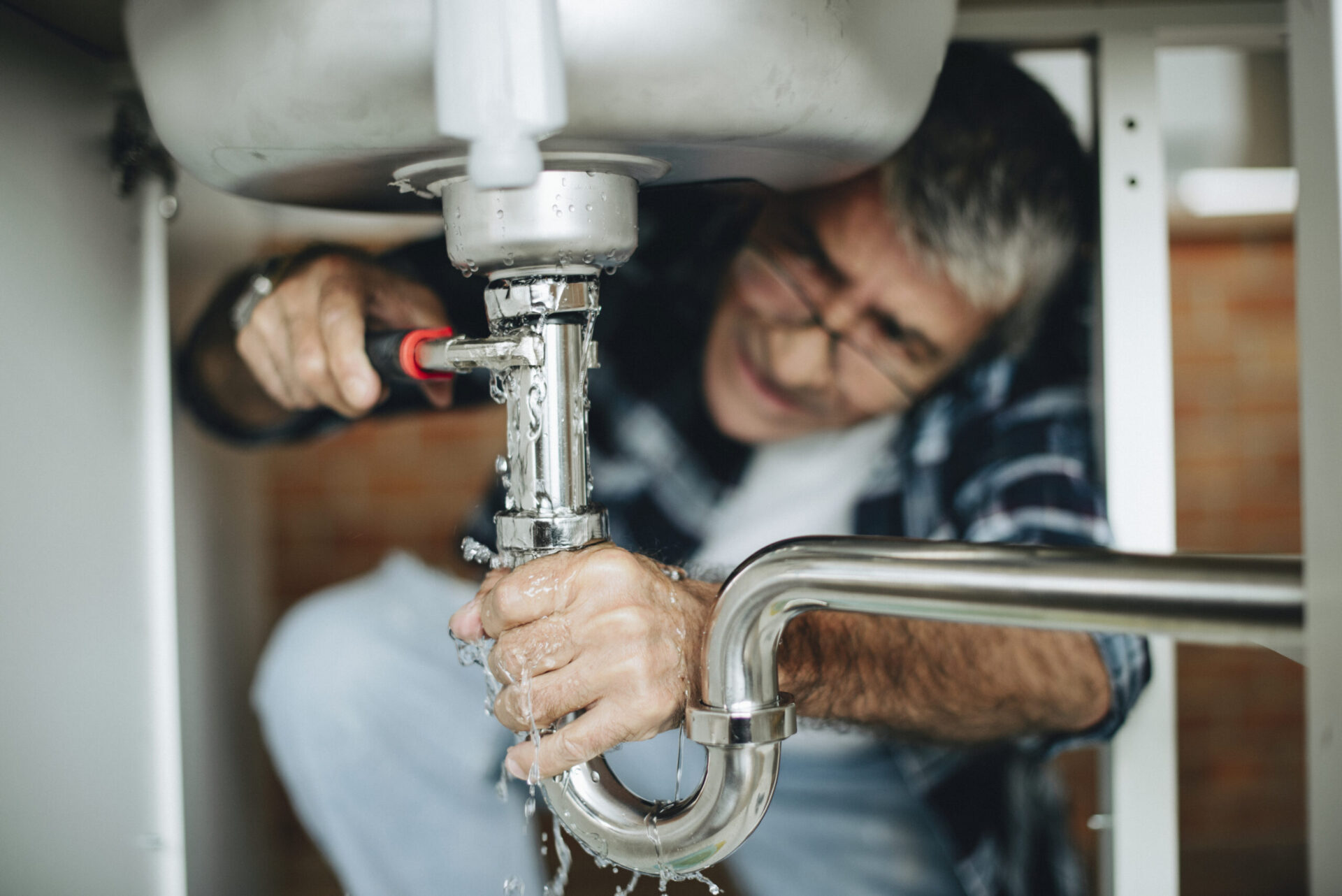To work as a plumber in the UK, you will need to have the correct plumber qualifications. But why should you consider becoming a qualified plumber and how do you gain these qualifications? Keep reading to find out!
What can a qualified plumber do?
As a qualified plumber, you will have the skills necessary to complete several tasks. Generally, plumbers will work on a domestic level, completing jobs within homes. As a domestic plumber you will be able to:
- Install and maintain heating systems (i.e. boilers and radiators)
- Repair sanitation and drainage systems (e.g. septic tanks)
- Fit domestic appliances (e.g. washing machines and dishwashers)
- Install air-conditioning systems
- Fit bathroom fixtures
- Respond to emergency plumbing callouts
- Fit and repair pipework
Most plumbers will have a variety of skills across all of these tasks but may specialise in one specific area. Some plumbers may work on a larger scale than domestic plumbers. For example, working on more complex systems in commercial buildings.
What skills does a plumber need?
All plumbers should combine their physical and analytical skills to complete the job effectively. These skills will come together to help you complete your plumber qualifications, and include:
- Customer service and communication
- Utilising your initiative
- Comprehensive use of machinery and equipment
- Mathematical knowledge
- Problem-solving
- The ability to work within a team
- Physically fit and dextrous
- Knowledge of blueprints
- Good computer and electrical device skills
What are the benefits of becoming a qualified plumber?
There are several benefits to becoming a plumber in the UK. If you’re interested in the job role of a plumber but aren’t sure about whether it’s the right career for you, keep reading! Some of the many pros of being a plumber are:
- The opportunity to be your own boss. As a plumber, you can work independently. If you like to have a lot of freedom within your job, this could be a huge plus for you.
- Training is accessible and affordable. You don’t need a degree to become a plumber, college courses and apprenticeships are readily available. These courses are often affordable or even government-funded.
- You can achieve a good work-life balance. Plumbers generally don’t work extra hours, evenings, weekends or bank holidays. This will provide you with plenty of time outside work to maintain your personal life.
- The salary is worthwhile. The average annual salary for a plumber in the UK is around £35,000. This is a fairly decent salary, with the ability to expand with new job opportunities and experience.
- The skills are transferable. You can utilise your plumbing skills within your own home as well as part of your job. With no need to hire a plumber, you’ll even save money in the long run!
- The opportunity to start your own business. As well as being your own boss, you could start your own plumbing company. This will allow you to hire other plumbers and expand your customer base.
- The work is varied. As with many trade careers, there is a range of jobs to complete daily as a plumber. This will change based on your customers’ needs, so it will always be varied.
- There is a high demand for plumbers. Due to the skills shortage in the UK, tradespeople such as plumbers are in high demand. You won’t struggle to find jobs as a plumber.
- The opportunity to progress your career. If you want to expand your skills and experience further, there are opportunities to work your way up in this career. You could become a Master Plumber in time.
How do you become a qualified plumber in the UK?
To become a plumber in the UK, there are several routes you can take. Once you have completed your GCSEs and are of school-leavers age (16) you will be able to start your training as a plumber.
The first route you could take is via a college course. There are many plumbing courses available across the UK, taking place over 1-2 years. It is important to make sure the plumbing course you choose is accredited by an awarding body. These awarding bodies include City and Guilds, EAL and BPEC. Usually, you will complete a Level 2 and Level 3 Diploma (NVQ) in Plumbing and Domestic Heating.
You could also learn through an apprenticeship. This will provide you with hands-on experience as a plumber while completing your plumber qualifications. Again, you will need a Level 2 and Level 3 NVQ in plumbing to work as a fully qualified plumber.
At The Skills Centre, we offer a range of fully accredited fast-track and part-time courses to kickstart your trade career. Get in touch with us today to discuss your options.

